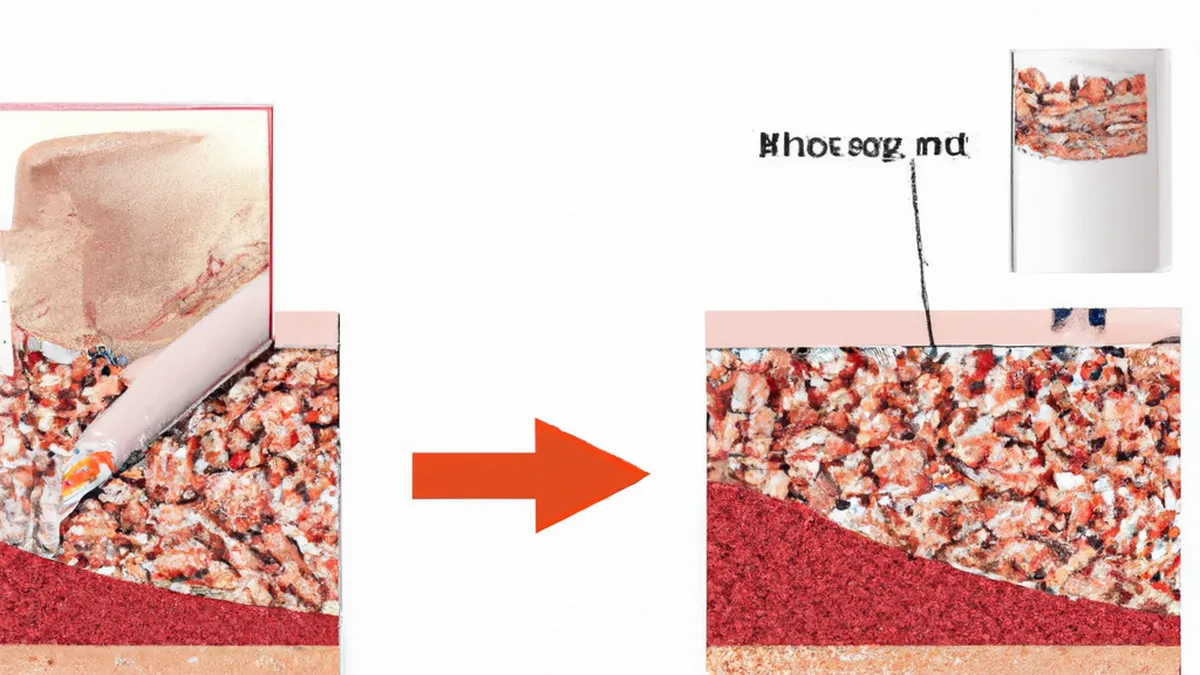Rejuvenate Skin: Collagen’s Essential Contributions
The Role of Collagen in Managing Skin Conditions
Collagen is a vital protein that builds skin, bones, muscles, tendons, and ligaments. As the most abundant protein, collagen maintains skin health and structural integrity. However, aging reduces collagen production, leading to various skin conditions. Understanding collagen’s function and importance helps manage these issues effectively.
What is Collagen?
Collagen is a fibrous protein that provides strength and structure to body tissues. In skin, collagen maintains elasticity, hydration, and firmness. Type I collagen dominates the skin, making up about 80% of its collagen content. This type maintains skin elasticity and supports overall architecture. Aging, environmental factors, and lifestyle choices decrease collagen levels, causing skin issues.
Types of Skin Conditions Linked to Collagen
Several skin conditions relate directly to collagen deficiency. Recognizing these conditions helps identify effective management strategies:
– **Wrinkles and Fine Lines:** Reduced collagen makes skin less elastic and resilient, leading to wrinkles and fine lines.
– **Dry Skin:** Collagen retains moisture in skin. Low collagen levels cause dry, flaky skin, increasing vulnerability to irritation.
– **Acne Scarring:** Collagen aids skin healing and regeneration. Insufficient collagen results in pronounced acne scars, hindering effective skin repair.
– **Eczema and Psoriasis:** Eczema and psoriasis are inflammatory conditions linked to collagen levels. Reduced collagen exacerbates inflammation and skin barrier dysfunction.
Tips for Boosting Collagen Production
You can boost collagen production naturally to manage skin conditions effectively. Here are some tips:
1. **Eat a Balanced Diet:** Include vitamin C-rich foods like citrus fruits, strawberries, bell peppers, and leafy greens. Vitamin C promotes collagen synthesis.
2. **Consider Collagen Supplements:** Hydrolyzed collagen supplements in powder or capsule form enhance skin hydration and elasticity. Studies support their effectiveness for skin health.
3. **Stay Hydrated:** Drink enough water to maintain skin health. Proper hydration supports collagen function and keeps skin plump.
4. **Protect Your Skin from UV Damage:** Limit sun exposure to prevent collagen degradation.
Conclusion
Collagen plays a crucial role in skin health. Understanding its functions and boosting production can help manage various skin conditions effectively.
Below are related products based on this post:
FAQ
What role does collagen play in skin health?
Collagen is a vital protein that provides strength and structure to the skin, maintaining its elasticity, hydration, and firmness. As the most abundant protein in the body, collagen is essential for skin integrity, and its decline due to aging or external factors can lead to various skin issues.
What skin conditions are linked to collagen deficiency?
Several skin conditions are associated with low collagen levels, including wrinkles and fine lines, dry skin, acne scarring, and inflammatory conditions like eczema and psoriasis. These issues arise because reduced collagen affects the skin’s elasticity, moisture retention, and overall healing capacity.
How can I boost collagen production naturally?
You can enhance collagen production by eating a balanced diet rich in vitamin C, considering collagen supplements, staying hydrated, and protecting your skin from UV damage. These strategies can help maintain skin health and manage various skin conditions effectively.















Post Comment